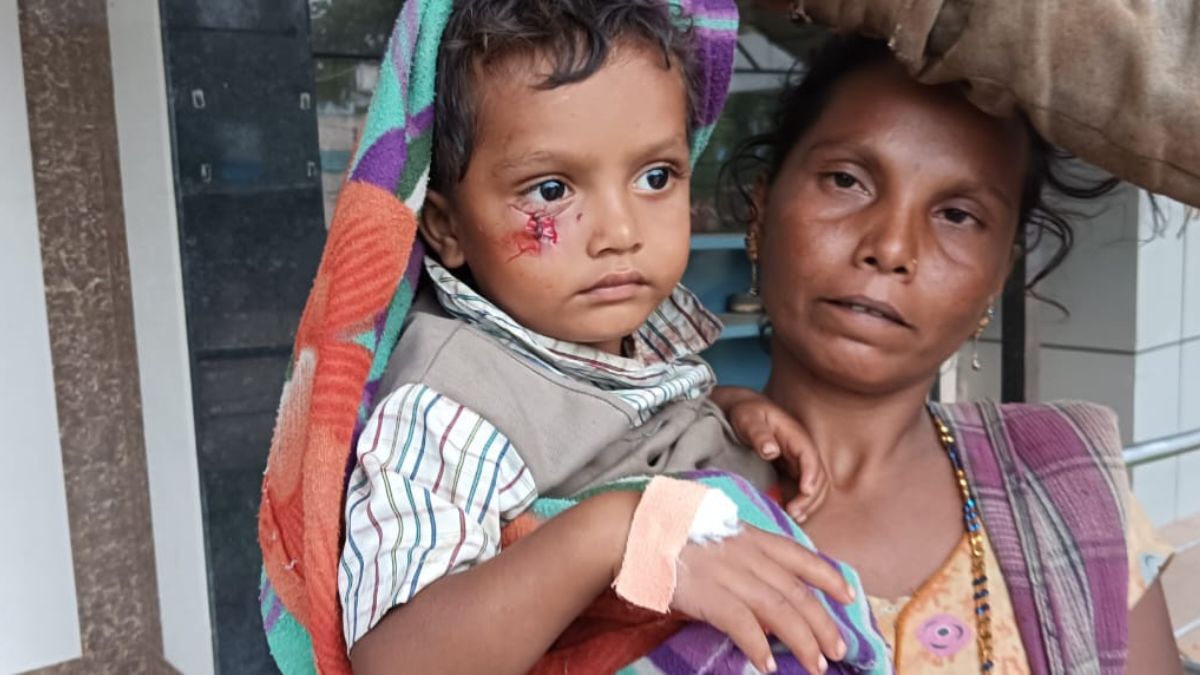Lack of Medical Facilities Forces Dang Tribal Population to Travel Far for Treatment
For Dog Bite, tribal in Dang have to travel long distance to Valsad for treatment

Advertisement
Surat : In the remote tribal heartlands of Dang district, a critical healthcare crisis has emerged, forcing the tribal population to travel vast distances during medical emergencies due to the severe lack of medicines, staff, and experts in local medical facilities.
The Community Health Centres (CHCs), Primary Health Centres (PHCs) and the Government hospital in Ahwa, the Dang district headquarters, are grappling with a dire shortage of essential medical resources, leaving residents with no choice but to seek medical attention far from their homes.
The harrowing ordeal faced by four-year-old tribal girl, Sandhya Sandip Gaikwad, serves as a poignant example of the healthcare woes prevalent in the region. After being bitten by a stray dog near her home in an interior village in Subir taluka, Sandhya’s parents were forced to undertake a journey spanning over 90 kilometers to Valsad’s government hospital for her treatment.
The incident unfolded when a stray dog attacked Sandhya, leaving her injured on her right eye. In a bid to provide her with medical care, her parents initially rushed her to the local Community Health Centre (CHC) in Pipaldahad village, from where they were referred to the CHC in Subir. However, even from Subir, they were directed to travel to the Government hospital in Ahwa. Dishearteningly, upon their arrival at Ahwa’s government hospital, Sandhya’s parents were informed that the facility had run out of the necessary dog bite injections, and they were advised to take her to the Civil hospital in Valsad.
Lacking basic medical treatments for injuries such as dog bites, the Civil Hospital in Ahwa, despite its size, is failing to provide crucial healthcare services to the local population. Many tribal residents have found themselves left with no alternative but to make the arduous journey to Valsad Civil hospital for treatment. This ordeal reflects the stark reality that even for basic medical care, the local healthcare facilities are woefully inadequate.
The situation is causing immense distress and disappointment among the local tribal communities. The Ahwa civil hospital, once a beacon of hope for free medical treatment, is now mired in a healthcare crisis that disproportionately affects the most vulnerable. The lack of urgency in addressing these issues has led to a deepening mistrust in the healthcare system among the tribal people of Dang, who now find themselves forsaken by a system that should prioritize their well-being.
Advertisement

